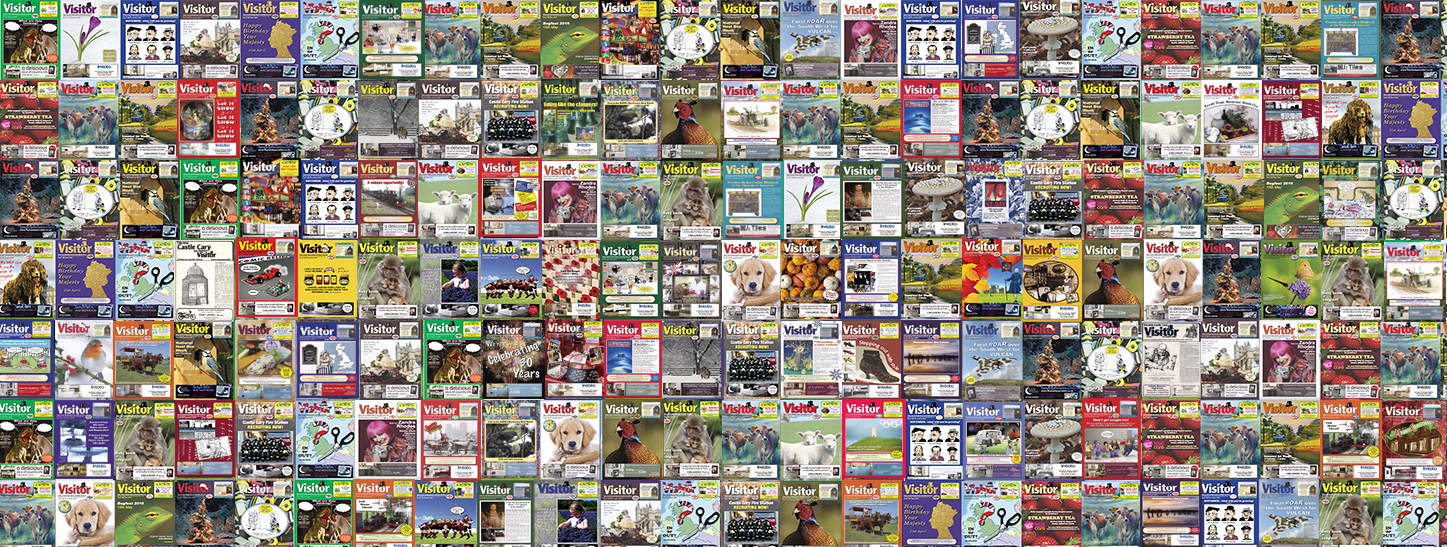 South Somerset District Council’s Community Heritage Access Centre has just received an exciting addition to its social history collection from former employees of the gloving company W.J. and E.G. Ricketts Ltd of Addlewell Lane, Yeovil.
South Somerset District Council’s Community Heritage Access Centre has just received an exciting addition to its social history collection from former employees of the gloving company W.J. and E.G. Ricketts Ltd of Addlewell Lane, Yeovil.
Kevin and Sandra Millard, both of Yeovil, who worked at the gloving company in the 1960s and 1970s have kindly donated several items from their time at their former workplace. Kevin kindly donated his framed apprentice indenture which details the terms of his four year apprenticeship; his measuring size stick; one-handed tweezers and a newspaper clipping from the Western Gazette newspaper showing Kevin in Ricketts’ factory, during a nationwide tour organised by the Leather Institute to show how glove cutting was done. Sandra also donated her pointing scissors for cutting the cotton ends on the pointing.
Ricketts Glove factory also has a personal interest for Kevin and Sandra. Kevin started at Addlewell Lane aged 15 and in his first year learnt all there was to know about what made the skins; from the raw materials to the complete glove. He began his apprenticeship on the 25th August 1966 until the 25th August 1970. His total time with Ricketts as a glove cutter was from 1965 to 1977. From 1977, he worked for another well-known Yeovil Company, Normalair (Normalair Garrett Ltd). Sandra worked for Ricketts from 1968 to 1979 and specialised in the pointing of gloves. Kevin and Sandra met one another at Ricketts, or more specifically at the ‘Clocking in/out’ machine!
Joseph Lewis, Heritage Information Assistant at CHAC said, “We are very grateful to Kevin and Sandra for donating these fascinating objects. Kevin and Sandra were also able to tell us much more about the existing gloving tools in our collection; for example the different types of shears or why a size stick was made in a particular way. We are so pleased to be able to speak to the people who used the tools to gain some insights into the history they hold.”
Councillor Sylvia Seal, Portfolio Holder for Leisure and Culture added, “One of the key aims at CHAC, or museum collections as a whole, is the sharing of different types of knowledge of local history. Sharing history increases what we know and this can also provide additional information for tours and research visits, which enhances the objects’ appeal and makes them more ‘accessible’ to a wider audience.

